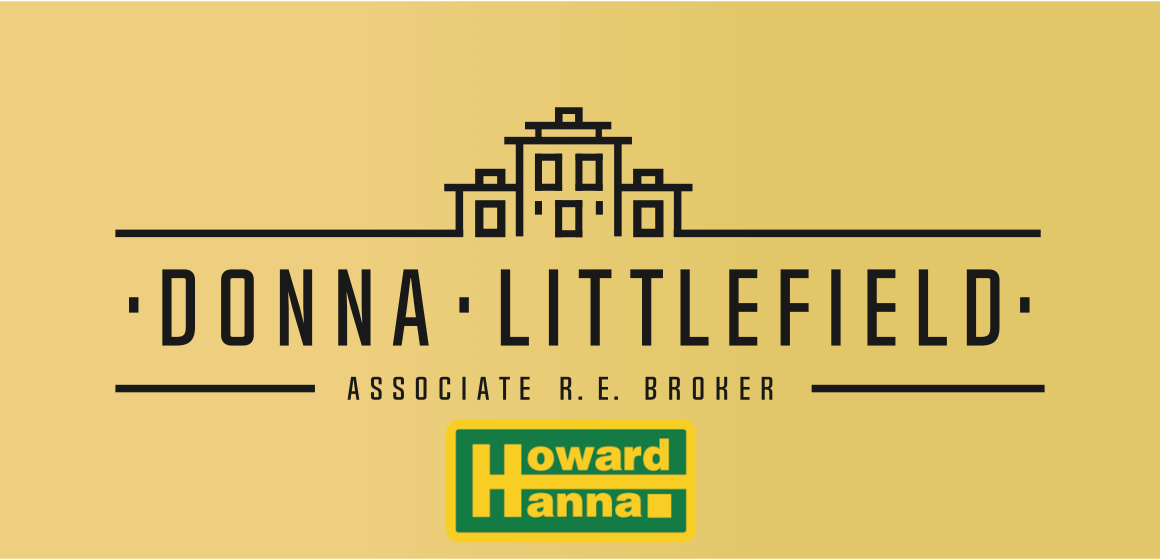 An escrow account is a bank account typically utilized by your mortgage lender to pay certain property-related expenses on your behalf. These expenses can include property taxes and homeowner’s insurance.
An escrow account is a bank account typically utilized by your mortgage lender to pay certain property-related expenses on your behalf. These expenses can include property taxes and homeowner’s insurance.
If you buy a house and obtain a mortgage, you’ll typically make home loan payments on a monthly basis as well as put extra money into an escrow account. So, money is added to the escrow account every time a mortgage payment is made. That money goes toward covering real estate-related expenses as needed on a timely basis.
An escrow account usually deals with a person’s specific property. The escrow holder safeguards funds, handles those funds according to the instructions they’re given, pays bills as authorized, and can close the account when all provisions of the escrow have been complied with, complete with a “Closing or Settlement Statement.”
Escrow comes from the French word “escroue,” which means a scrap of paper. The term originally referred to the deed a third party held until a transaction was completed.
While the process of escrow is primarily connected to real estate transactions, escrow accounts can also be used to provide a reliable third-party means of completing a sale. It’s not unusual to escrow vehicles, websites, intellectual property, or commodities.
Now that the world is connected online via the Internet, escrow services have gone somewhat digital, though they’re still available through face-to-face, in-person dealings. It’s quite common for home buyers to obtain and use an escrow account.
If you’re thinking of buying or selling a home or land in Western New York, real estate agent Donna Littlefield can guide you along in the process, and help you figure out whether or not you need/want an escrow account.
